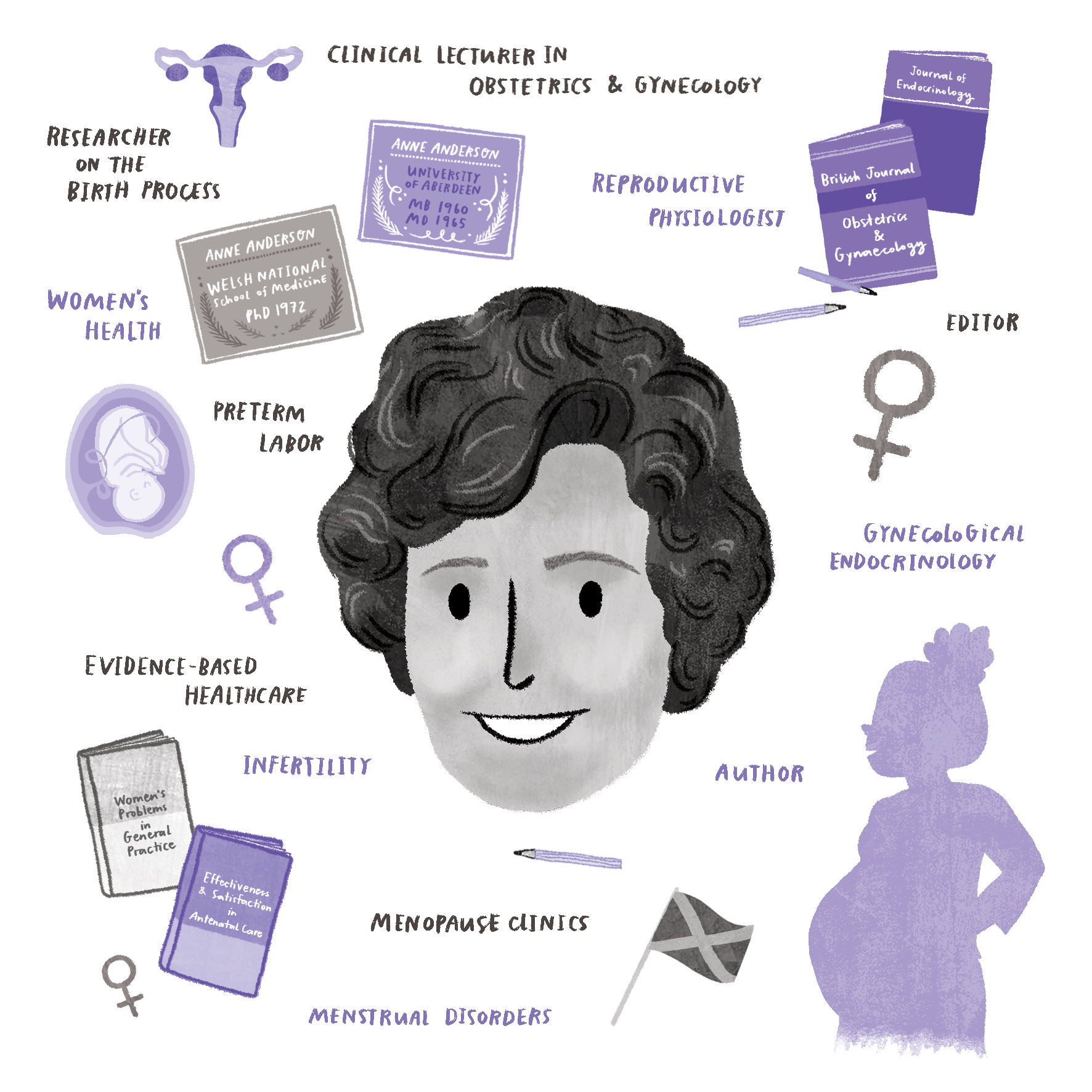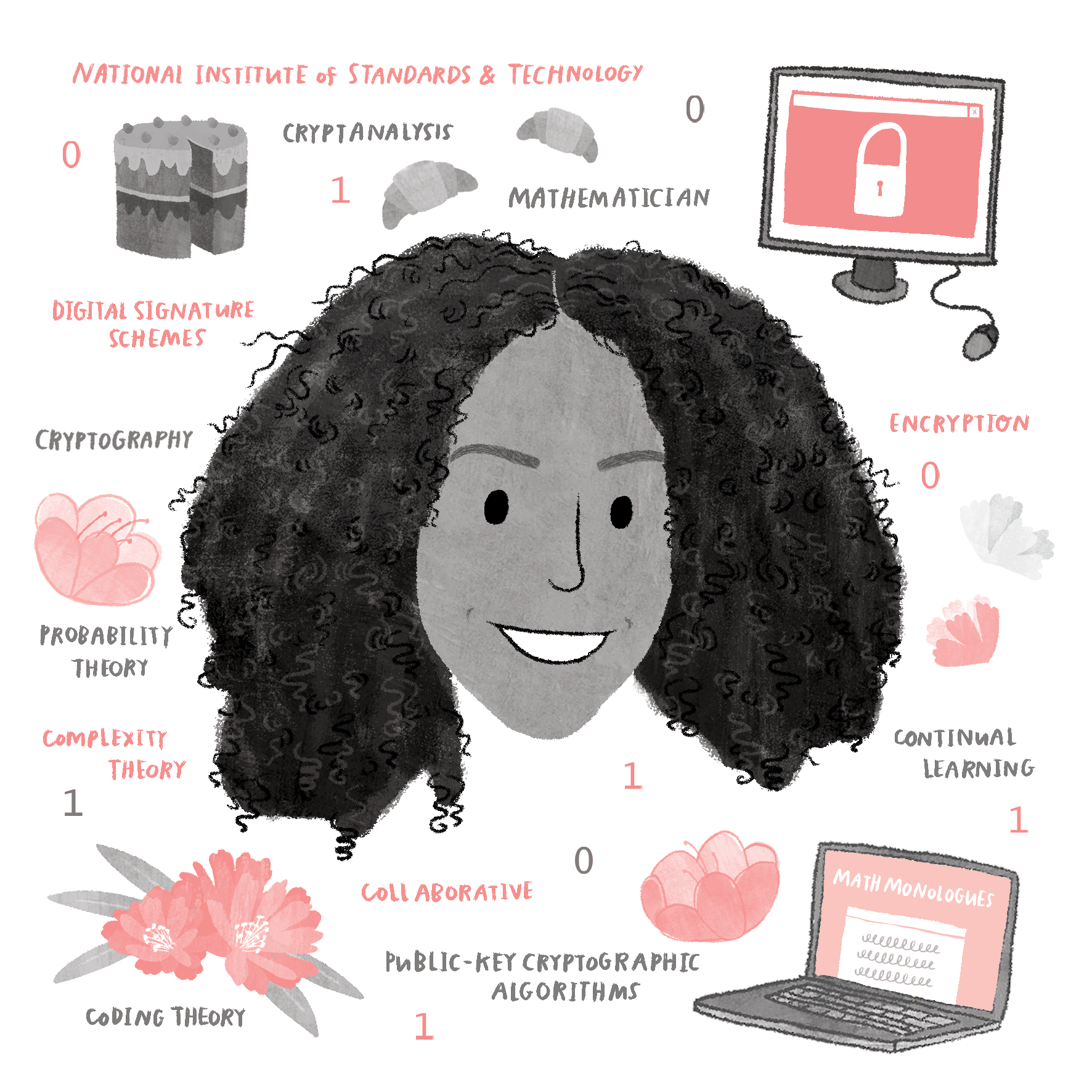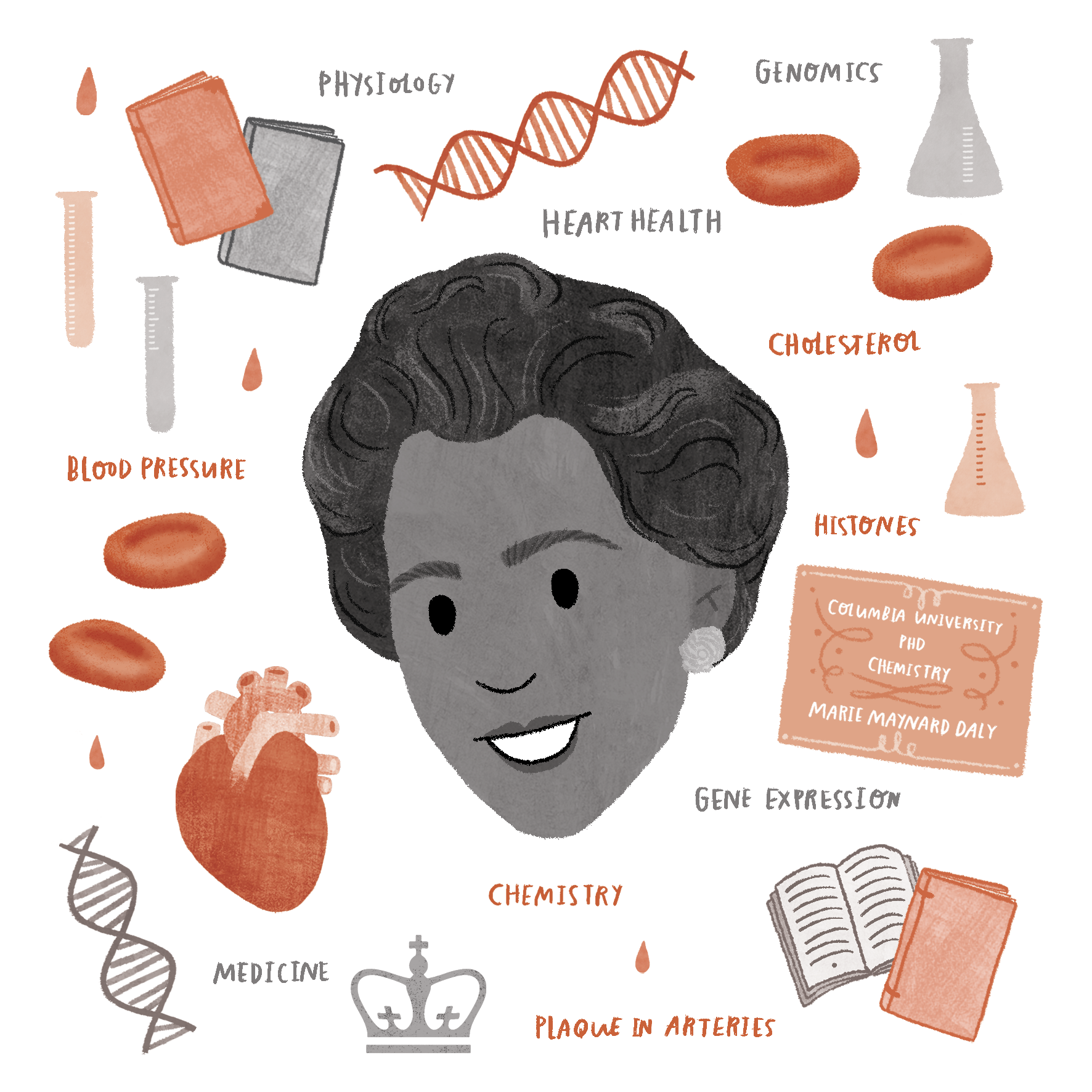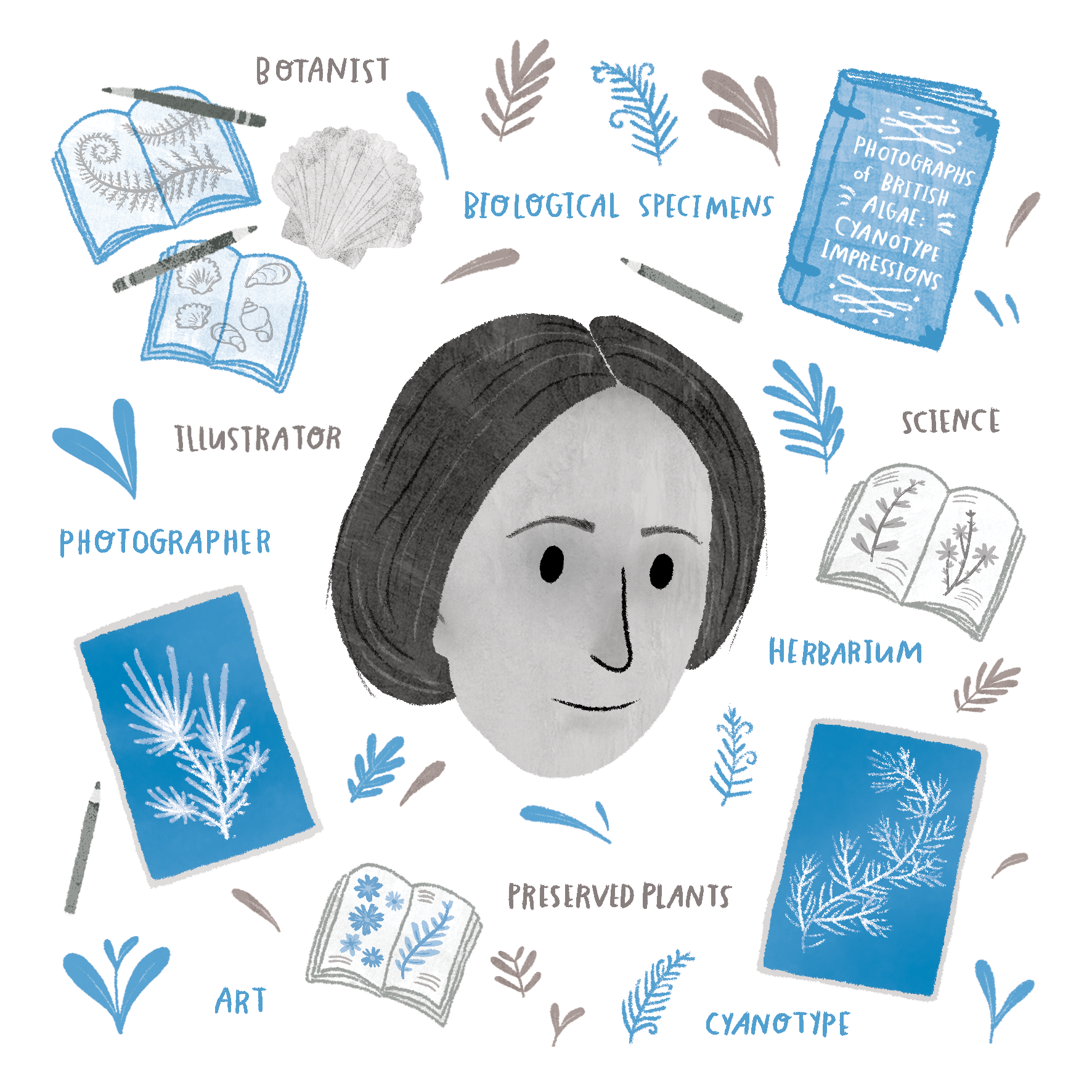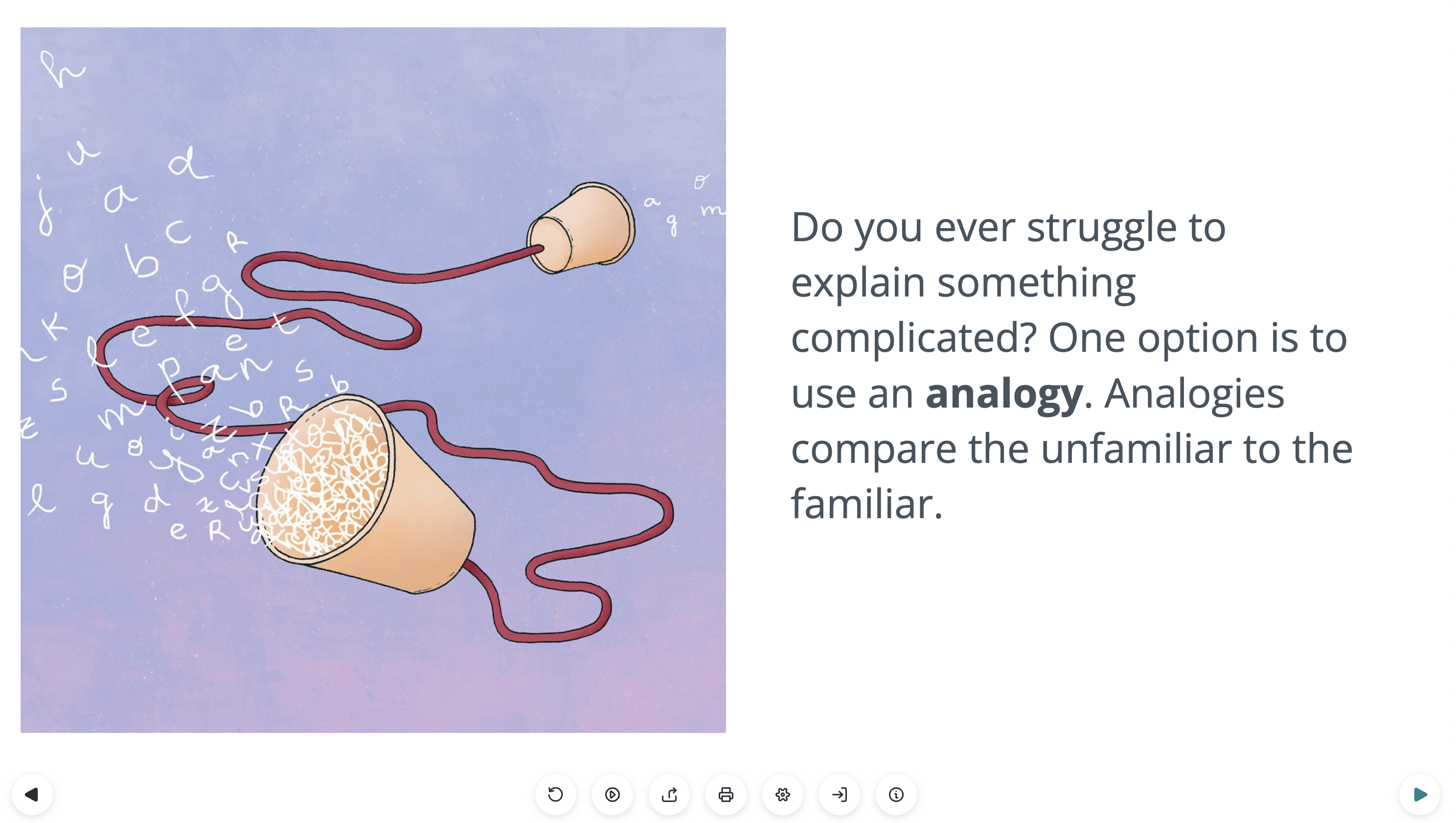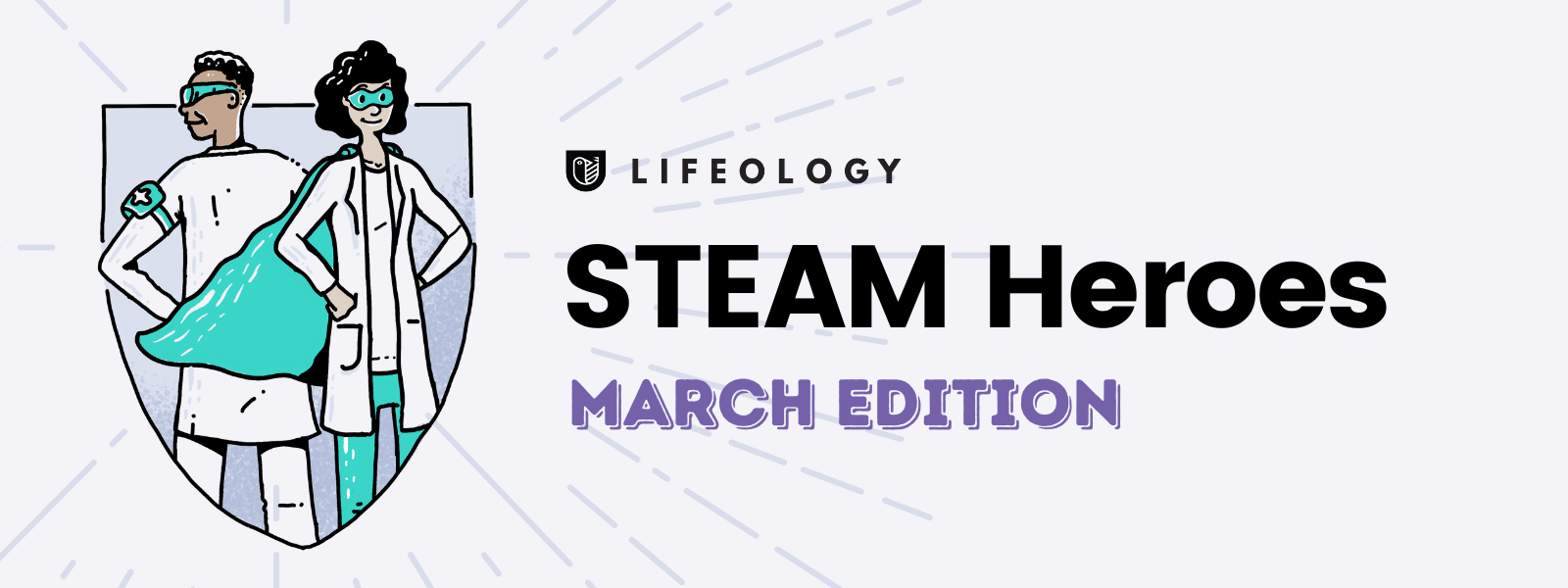
People in STEAM (science, tech, engineering, arts, and math) are blazing trails—both people from history and in the world today. We want more people to know about these people and their excellent but often under-promoted work, including children (and adults!) who might dream of careers in STEAM fields!
First, we have a Historic STEAM Heroes Lifeology card deck! Each month, we feature a new person from history in this living digital card deck. These people often faced adversity and overcame obstacles to become the STEAM heroes that they are today!
Is there someone from history that you would like to nominate? Help us curate examples of historic steam heroes from around the world—not just Western culture. You can nominate here.
We’ve also partnered with 500 Women Scientists to feature women and gender diverse folks from their Gage search platform in a unique Lifeology card series: Gage Scientists Who Inspire! 2022.
Keep reading to learn about the women featured for the month of March!
Anne Anderson, M.D., Ph.D.
February 10, 1937, Forres Scotland to February 11, 1983
Anne Anderson is featured in our Historic STEAM Heroes course. Through her involvement in systematic literature searches, “Anne Anderson was a contributor to the stream of thinking and effort that gave birth to evidence-based health care.” Work that Anderson was involved in led to the development of Cochrane. Cochrane is an organization that regularly maintains and promotes systematic reviews based on health evidence to help people make well-informed decisions about their health. In recognition of International Women’s Day (IWD) happening on March 8th, we feature Anne Anderson and highlight her work and contributions to evidence-based healthcare.
By training, Anne Anderson was a Scottish reproductive physiologist. She received a Bachelor of Medicine (M.B.) in 1960 before earning her Doctor of Medicine (M.D.) degree in 1965. By 1972, Anderson had also earned a Doctor of Philosophy (Ph.D.).
One of her main research areas involved women’s health and the birth process. She also researched the causes and management of preterm labor, gynecological endocrinology, menstrual disorders and infertility.
She started one of the first menopause clinics in Oxford and was a clinical lecturer in obstetrics and gynecology. In 1980, Anderson was elected chairman of the Blair Bell Research Society. In 1981, she was elected as a fellow of the Royal College of Obstetricians and Gynaecologists, London.
Anderson served on the editorial boards of the Journal of Endocrinology and the British Journal of Obstetrics and Gynaecology. Her further involvement in systematic literature searches included contributing to Effectiveness and Satisfaction in Antenatal Care and co-editing the first edition of Women’s Problems in General Practice. Before her death, Anderson was also discussing with colleagues about co-editing a companion volume about elective birth. After her death, a book, Effective Care in Pregnancy and Childbirth (ECPC), was written by her colleagues and was dedicated in part to Anderson.
Anderson was dedicated to evidence-based healthcare. The systemic approach taken to reviewing the literature on these topics, specifically in ECPC, is said to have led to the creation of Cochrane.
At the age of 46, Anne Anderson died of breast cancer. Each year, Cochrane presents the Anne Anderson Award to a woman who has made significant contributions to evidence synthesis within the Cochrane organization. They also host an annual walk in her name to raise funds for the award.
Angela Robinson, Ph.D.
Angela Robinson is featured in our Gage Scientists Who Inspire! 2022 deck. She is a mathematician based in Gaithersburg, MD at the National Institute of Standards and Technology. She is also a member of the gage search platform. For International Women’s Day, we couldn’t be more excited to share more about this phenomenal woman!
As a mathematician, Angela is focused on cryptography and cryptanalysis. She studies public-key cryptographic algorithms, like encryption and digital signature schemes. By studying these algorithms, she assesses the security strengths and risks involved. Coding theory, probability theory and complexity theory are areas of mathematics that Angela uses regularly in her work.
You can learn more about Angela’s work in this video.
“The landscape of cryptography and cryptanalysis is constantly evolving with new algorithms and new attacks often discovered. I love the pace, the continual learning, and the collaborative nature of my work.”
When Angela is not studying algorithms, she loves to learn about design–such as interior, floral and graphic. She also bakes and runs a website about math called Math Monologues, which contains advice and resources for parents, students and educators.
